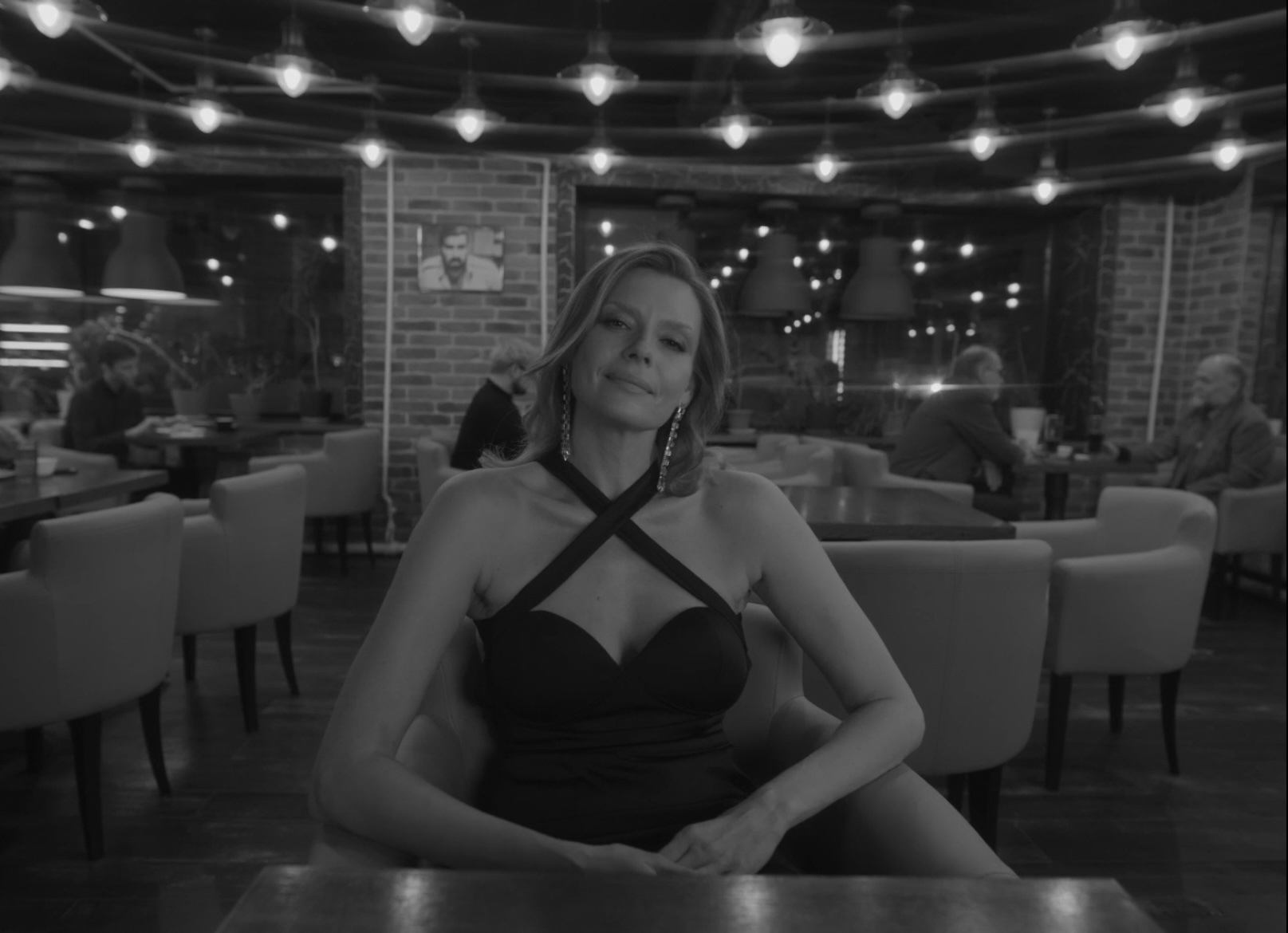As part of the 44th Moscow International Film Festival, which runs from August 26 to September 2, a screening of Semyon Serzin's detective film "A Similar Man", selected for the "Russian Premieres" program, took place.
The script of the tape was written by the director based on the play by Dmitry Danilov "Evidence".
Previously, they have already collaborated on the film The Man from Podolsk, presented at the Kinotavr festival in 2020.
The new picture was produced by Natalya Mokritskaya (film and mini-series "Battle for Sevastopol", "Man from Podolsk").
Serzin also played the main role.
"Like a Man" begins with a monologue of the hero, talking about the transience of time, being and the boredom that surrounds him.
However, the hero decides that "it is better to be than not to be."
The film explores the theme of loneliness and self-discovery, as well as reflections on how others see and remember people.
If at the beginning "Looks Like a Person" seems like an ordinary crime story with a predictable ending, then closer to the middle, viewers can be confused, not understanding what to expect next.
In the film, the investigator drives a car through the residential areas of St. Petersburg and reflects on the reasons for the death of a young man: did he accidentally fall out of the window of a high-rise building or not?
Or maybe they pushed him?
© Shot from the film "A Similar Man" (2021)
To clarify the circumstances of the incident and understand what the deceased was like, the detective communicates with people who were somehow connected with the guy.
The characters of Lyubov Tolkalina (“Listener”, “Happy End”), Maxim Vitorgan (“Election Day”, “Unscrupulous”), Taisiya Vilkova (“Doctor Lisa”, “Naughty”), Victoria Isakova (“One Breath”, “ Man from Podolsk") and others.
From them, the investigator learns details not only about the nature of the deceased, but also about his type of activity.
In the eyes of some respondents, the deceased was a polite, cheerful and kind person, while others remembered him as very strange.
The hero tries to put what he heard into one psychological portrait, but, plunging more and more into the world of the deceased, he gradually loses the connection between sleep and reality.
In the original play, it is said that the hero observes what is happening among the living.
He sees and hears everything, but he cannot say anything, remaining completely invisible to others.
Serzin, being a theater director, brilliantly conveyed the experiences of his hero.
Along with a well-thought-out script and color scheme - the tape is framed in black and white, which, according to the director, reflects the idea of the transience of time, as well as everything that remains in the past and which has no place in the present - the well-chosen soundtrack emphasizes the tension.
The film features both classical and modern compositions, which sometimes increase the viewer's bewilderment of what is happening, and at times, on the contrary, hint at clues.
In a sense, the picture is absolutely intimate: the action takes place in the car and in places where the deceased used to be.
A vicious circle is emerging, but it does not become clear immediately.
As the plot develops, confusion grows, which appears in the minds of not only the audience, but also the characters, and it is absolutely impossible to sort it out until the very end.
“The sense of time has become incomprehensible,” the hero says about his feelings.
What is happening causes him "endless boredom" and a feeling of depersonalization.
At the same time, at some point, the question arises: to whom specifically - the deceased or the investigator - do these or other feelings belong?
The truth slips even more when mysticism comes into play - there is not much of it in the film, but enough to transfer the story to the category of phantasmagoria.
"Like a Man" is an author's film that, without too much pathos, explores the theme of being, death and a person's stay on earth.
Who are we?
What are we?
How will we be remembered by others?
Do we exist at all, or do we imagine everything?
The director seeks to find answers to these questions in his new film.
Interestingly, the 72-minute tape was filmed in ten work shifts.
The main shooting took place in St. Petersburg, some Moscow locations were also used.

